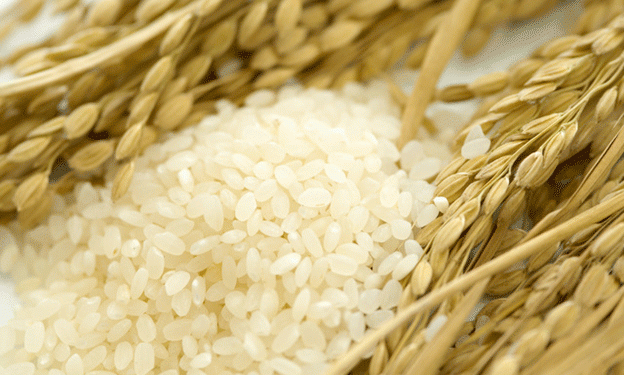How Artificial Intelligence is Set to Revolutionize Rice Supply Forecasting
South Korea is taking a major step in agricultural technology by developing an AI-powered rice supply prediction system in 2025. This advanced system aims to enhance the accuracy of rice production and consumption forecasts, solving long-standing issues in supply chain management and pricing stability. The Ministry of Agriculture, Food, and Rural Affairs (MAFRA) has secured a budget of 8.2 billion KRW ($6.2 million) to implement the system this year, integrating data from multiple government agencies and private-sector players.
Why South Korea Needs an AI-Based Rice Prediction System
Challenges in Current Rice Supply Management:
- Data Fragmentation: Current rice statistics come from 7-8 different institutions, including Statistics Korea, the Rural Development Administration (RDA), and rice processing complexes (RPCs), leading to inconsistent and delayed reporting.
- Inaccurate Forecasting: In 2023, MAFRA announced a rice supply stabilization policy a month earlier than usual (September instead of October), but incorrect production and consumption data led to minimal price impact.
- Lack of Real-Time Insights: Existing manual data collection fails to provide up-to-date information on supply and demand, causing ineffective policy interventions.
How AI Will Improve Rice Supply Forecasting:
- Centralized Data Collection: The AI system will integrate data from multiple sources, including:
- Statistics Korea (production forecasts)
- RDA (crop research)
- Meteorological Administration (weather impact on yield)
- Agricultural Cooperatives and Processing Centers (real-time inventory tracking)
- Machine Learning for Accurate Predictions: AI will analyze historical trends, climate patterns, and real-time trade flows to predict future rice supply fluctuations more precisely.
- Enhanced Inventory Tracking: The system will monitor inflow and outflow of rice stocks at farms, RPCs, and processing plants, improving market transparency.
Benefits for Farmers and the Agricultural Industry
For Farmers:
- More Stable Rice Prices: Timely interventions based on real-time data will prevent overproduction and price crashes.
- Better Crop Planning: AI-powered insights will help farmers adjust planting strategies based on expected market conditions.
For the Government and Rice Industry:
- Lower Financial Burden: A data-driven approach will reduce government spending on emergency price stabilization programs.
- Higher Policy Trust: Accurate supply forecasting will improve credibility and allow for more effective market interventions.
South Korea’s AI-driven rice supply prediction system marks a significant step forward in agricultural innovation. By enhancing data accuracy, improving forecasting methods, and stabilizing rice prices, this initiative will benefit farmers, policymakers, and the entire supply chain. If successfully implemented, it could serve as a model for other agricultural sectors looking to harness AI for smarter farming and food security.
Error




